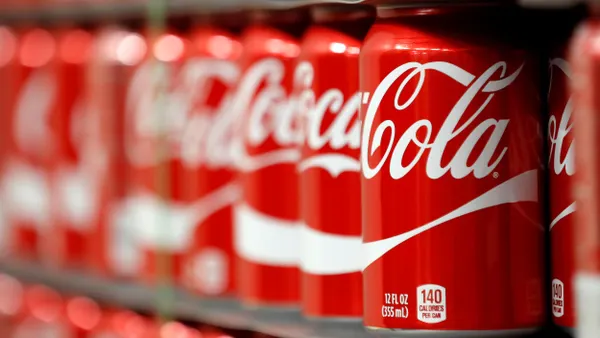Dive Brief:
-
An AIDS-related charity has donated $4 million in support of the anti-development Measure S, which is up for a vote today in Los Angeles, according to Bloomberg.
-
The amount that the AIDS Healthcare Foundation has contributed represents 98% of the advocacy funds spent on the Neighborhood Integrity Initiative, which would put a two-year moratorium on the rezoning required to build most high-density projects in the city. AHF President Michael Weinstein said nonprofits should have a hand in molding policy that affects the community.
-
The group is in a legal battle to keep two, 28-story residential skyscrapers from being built next to its Los Angeles headquarters. It has said the two-year ban could give the city the time it needs to come up with a more comprehensive affordable housing strategy. Many AHF clients are homeless or need low-income housing.
Dive Insight:
At the heart of the dispute — and core to Measure S — is the issue of spot zoning, or exemptions to Los Angeles's development guidebook. If successful, Measure S would prohibit deviations from the 20-year-old strategy, a prospect that has caused developers to try to rush their projects through the plan-approval process in advance of the March 7 vote.
Proponents of more liberal zoning procedures, namely big developers behind the growing number of megadevelopments in the region, have cited Measure S as an example of NIMBYism and have argued that its passage would worsen the city's affordable housing crisis.
One developer that Bloomberg reports has helped finance opposition to Measure S is SunCal, which has proposed a 14.5-acre, high-density project in the city's Arts District. The development is called 6AM and would primarily consist of a 58-story high-rise and contain 1,700 for-sale and for-rent residential units, retail and office space, hotels, a school, 23,000 square feet of public space and two parks — all of which would be built on the current site of two warehouses.
Critics of SunCal's project argue that it would put too much stress on the area's infrastructure and services, as well as increase traffic congestion and air pollution there.
For more housing news, sign up for our daily residential construction newsletter.













